Where Are the World's Richest Countries?
When measured in terms of GDP per capita, Switzerland is the wealthiest country in the world.
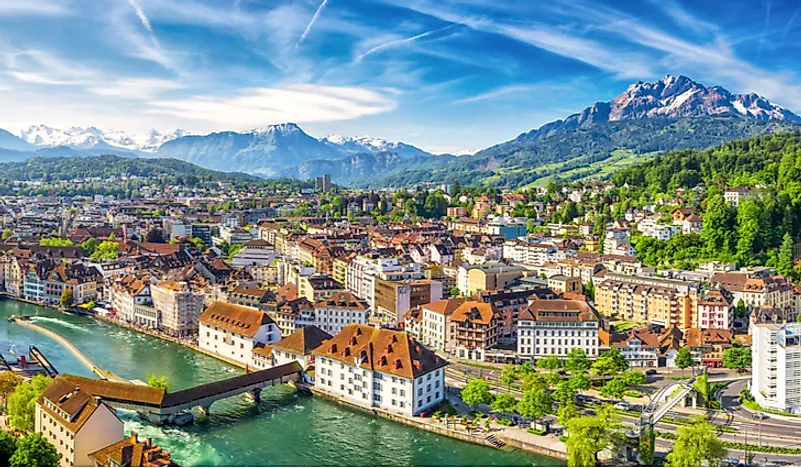
Measuring the wealth of a country can be done in a number of ways. One option is to consider a country's Gross Domestic Product (GDP), which indicates the value of all goods and services produced over a specified period of time. Another way is to analyze GDP alongside the purchasing power parity (PPP) of a given country. The PPP is an indicator of wealth that takes into account factors such as the cost of goods and services, as well as inflation.
A third method, which is the basis of this ranking, is the GDP per capita method, which measures the average income of every individual in the country. The GDP per capita is obtained by dividing a country's total GDP by its population. Unlike the PPP method, the GDP per capita approach does not take into account cost of living and inflation.
The 10 Richest Countries in the World
Switzerland
Officially known as the Swiss Confederation, Switzerland topped the list in 2017, with a GDP per capita of about $80,560. The country's economy can be described as stable, high-tech, and highly prosperous. In fact, according to the Global Competitiveness Report released by the World Economic Forum, Switzerland's economy is the most competitive in the world. In addition, the European Union (EU) has described its economy as the most innovative. Some of the most productive economic sectors in Switzerland include the manufacturing and service sectors, especially banking and tourism.
Norway
Norway, officially the Kingdom of Norway, ranked second in terms of wealth in 2017, with a GDP per capita of about $75,990. The country's high standard of living means that Norway also ranks highly on other global lists. For example, the Foreign Policy magazine classifies Norway as the world’s most stable and most well-functioning country. Its economy has also allowed the quality of life in Norway to improve, since citizens can access important services for free, such as public health care. In addition, a low unemployment rate of only 4.8% also contributes to Norway's wealth. The country's major economic sectors include petroleum, mining, and services.
Luxembourg
Luxembourg ranked third in terms of wealth, with a GDP of about $70,260 in 2017. Officially known as the Grand Duchy of Luxembourg, the small country features an economy with low inflation, high innovation, and moderate growth. Luxembourg had an unemployment rate of 6.1% in 2012, which was slightly higher than in previous years. Since the 1960s, Luxembourg's major economic sectors have included the service and industrial sectors. The country's industrial sector produces products like steel, rubber, and chemicals.
Qatar
Qatar ranked fourth in terms of global wealth, with a GDP of around $61,070. Officially the State of Qatar, the Arabic nation is known for its high reserves of petroleum and natural gas. Since its discovery in 1940, revenue from oil has transformed the country into the economic behemoth it is today. As of 2013, the unemployment rate of Qatar was an incredible 0.1%. In order to achieve further growth, especially in terms of petroleum products, the country is dependent on labor. In 2012, Qatar was ranked as the richest nation in the world.
Iceland
Iceland had a GDP per capita of $60,830 in 2017, ranking fifth in the world. Historically, the Nordic nation's economy has been primarily dependent on the fishing industry, which still represents 40% of the country’s export revenues and 7% of all jobs. Interestingly, until the 20th century, Iceland was among the poorest countries in Europe. After its banking system failed in 2008 in response to the global financial crisis, Iceland's economy has recovered to a point where the rate of unemployment is only 4.8%.
United States
The United States of America ranked as the sixth wealthiest nation, with a per capita income of about $ 58,270. The US has a strong capitalist mixed economy that is fueled by high productivity and an abundance of natural resources, such as petroleum. The US is the leading global producer of oil and related products, such as liquid natural gas.
Ireland
The Republic of Ireland had a GDP per capita of around $55,290 in 2017, ranking seventh in the world. The sovereign nation's open economy is mainly driven by foreign multinational companies, which provide employment to about 25% of the workforce in the private sector. In addition, 80% of business taxes in Ireland come from these companies. Some of the largest companies operating in Ireland include Apple, Microsoft, Google, and Facebook. These large multinational corporations have established operations in Ireland due to the low taxes that the government imposes on businesses.
Denmark
Denmark, officially the Kingdom of Denmark, ranked as the eighth wealthiest country in the world, with a GDP per capita of $55,220, which was only $70 less than Ireland. The Nordic country is among the most socially and economically developed states in the world, and citizens enjoy a high quality of life that is characterized by factors such as high quality of education, human development, and health care. In addition, Denmark has the least global corruption, as well as a high level of equality.
Singapore
In 2017, Singapore had a GDP per capita of $54,530, ranking ninth in the world. The city-state's wealth is attributed to its free, competitive, dynamic, business-friendly, and innovative economy. Singapore also has one of the lowest corruption rates in the world according to the Corruption Perceptions Index. Additionally, low tax rates are attracting individuals and businesses, further driving the country's growth. However, Singapore is experiencing an increasingly high cost of living.
Sweden
Sweden had a GDP per capita of about $52,590 in 2017, ranking tenth in the world. The country's economy is mixed and depends heavily on exports. A huge chunk of these exports, about 50%, comes from the engineering sector, while other important sectors include telecommunications, pharmaceuticals, and automotives. Some of the major corporations in Sweden include Volvo, Sony Ericsson Mobile Communications AB, IKEA, and Ericsson. Most of the country's economy is privately owned.
More on Graphicmaps
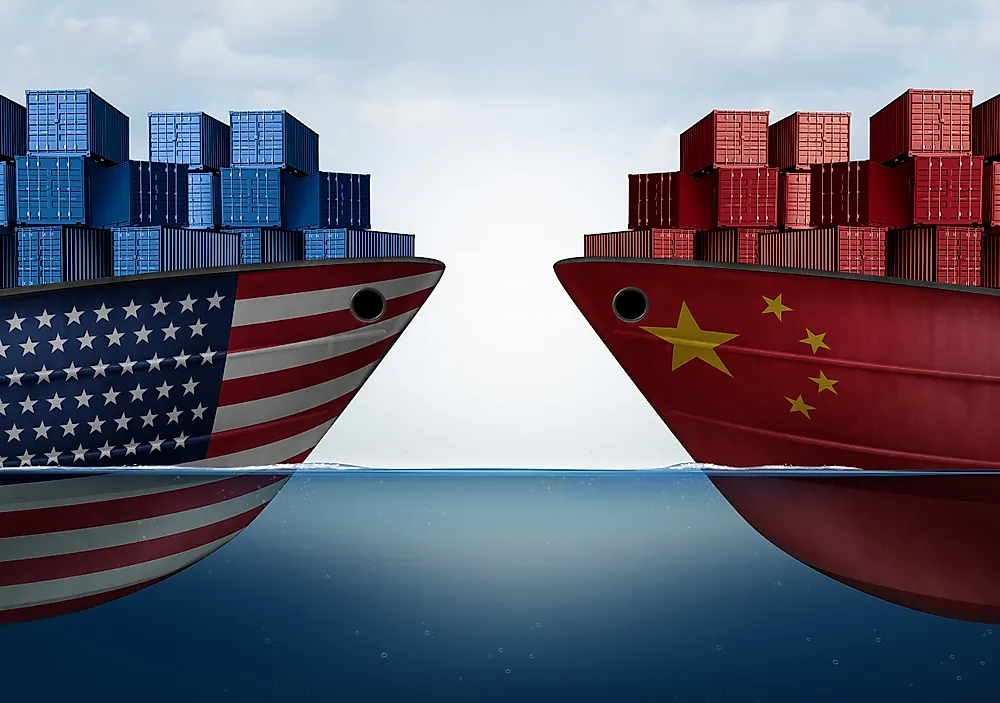
Published on 2019-11-06
What is a Trade Embargo?
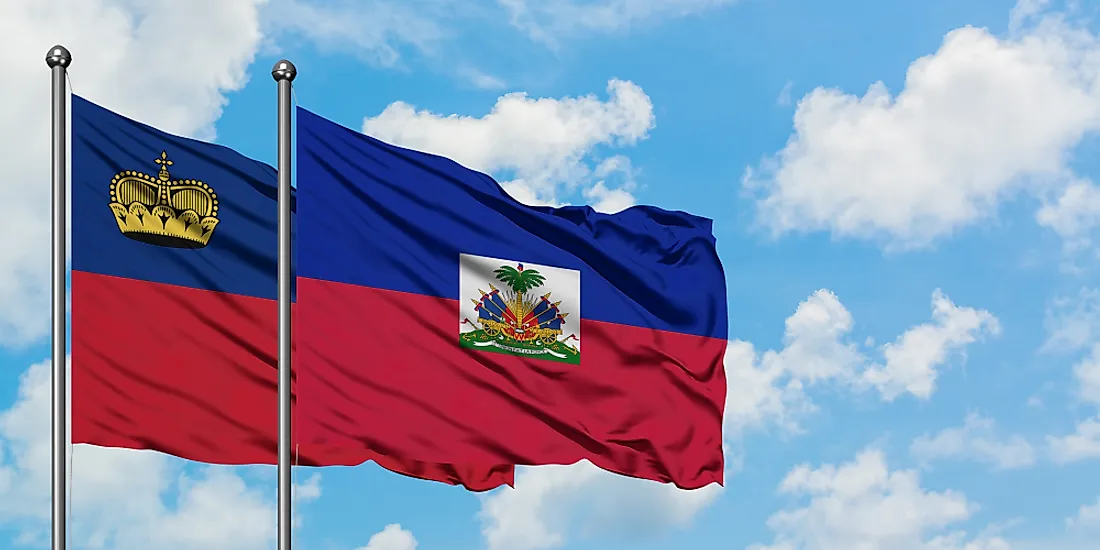
Published on 2019-11-04
Which Two Countries Used to Have the Same Flag?

Published on 2019-09-16
What Is the Only Two-Sided State Flag?
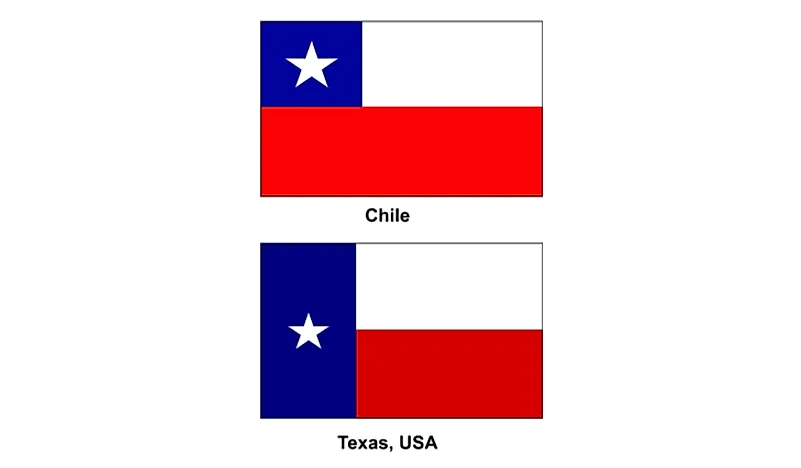
Published on 2019-09-16
Which Country Flag Looks Like the Texas Flag?
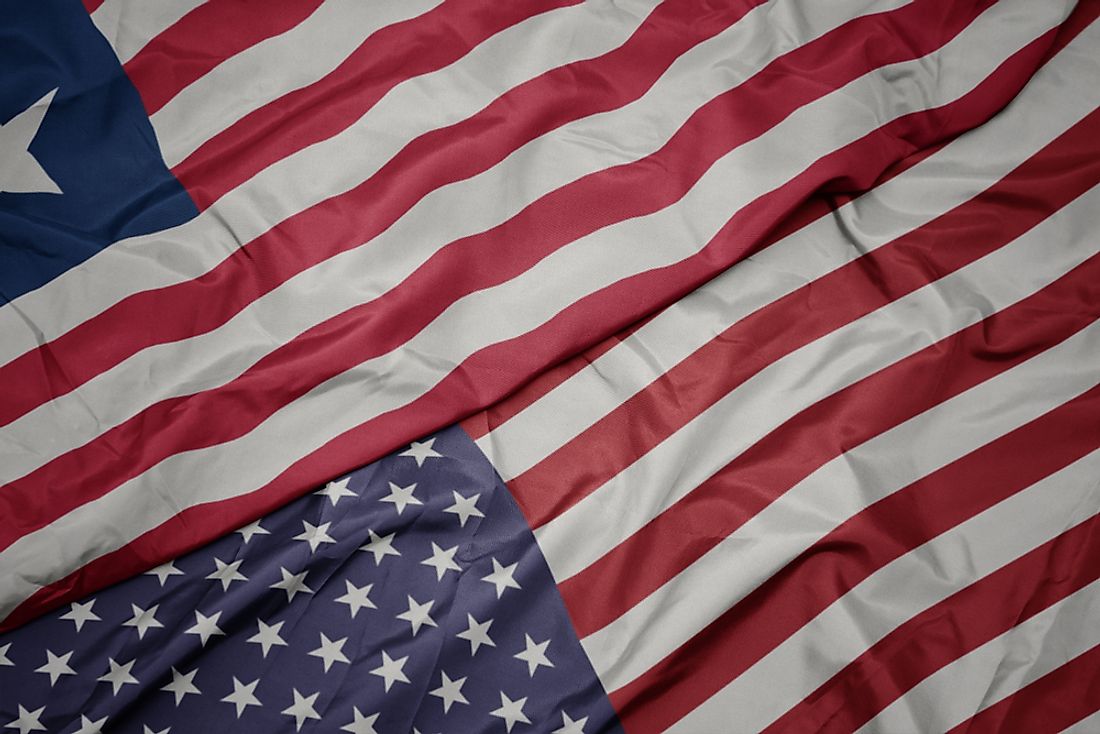
Published on 2019-08-29
Flags That Resemble the US Flag
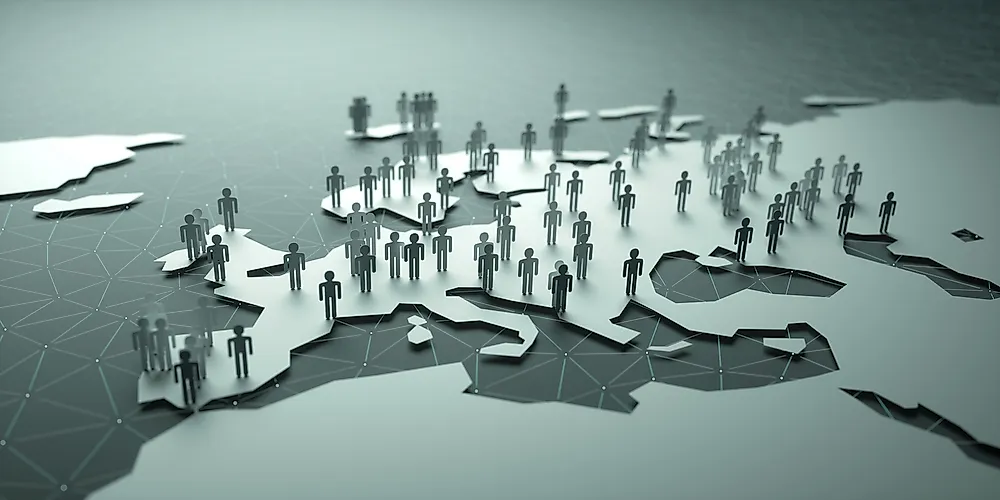
Published on 2019-08-20